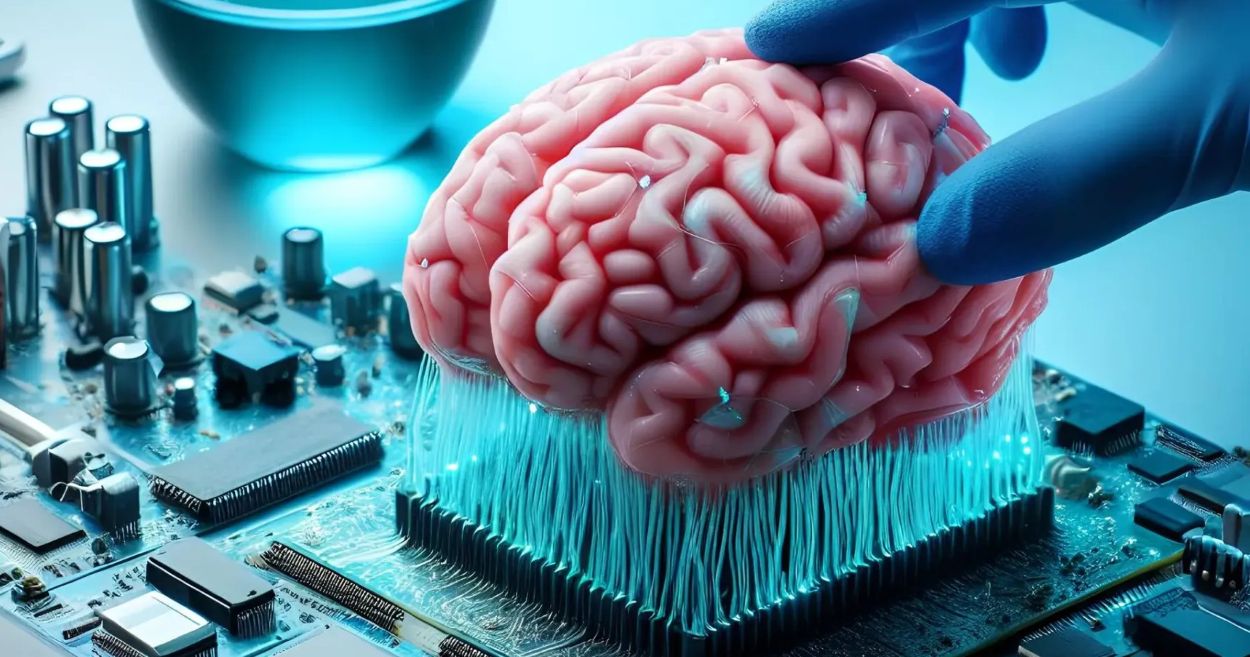In a Swiss laboratory near Lake Geneva, scientists are growing tiny brain organoids from human stem cells. These mini-brains, approximately the size of a fruit fly’s brain, function as living processors. They utilise real neurons to manage data instead of relying on silicon chips.
Fred Jordan, co-founder of FinalSpark, explained: “Instead of mimicking the brain, let’s use the real thing.” His team feeds organoids nutrients to keep them alive for up to six months.
Organoids connect to electrodes. These record activity and send signals. A spike means a “1” in binary code. Researchers control robots or study diseases with them.
'Wetware': Scientists use human mini-brains to power computers.
Swiss start-up FinalSpark's co-founder Fred Jordan tells AFP he believes computer processors using human brain cells will one day replace the silicon chips powering the artificial intelligence boom… pic.twitter.com/sxX2vDfCyE
— AFP News Agency (@AFP) October 17, 2025Jordan noted biological neurons are “one million times more energy-efficient” than digital ones. This could cut AI’s power use, which worries environmental experts.
Ten universities are testing FinalSpark’s organoids. At Bristol University, these organoids assisted a robot in reading Braille. Johns Hopkins University uses them for research on autism and Alzheimer’s disease. Each organoid contains approximately 10,000 neurons, which is a far cry from the 100 billion neurons found in a human brain. They do not possess consciousness or pain receptors. Nevertheless, ethicists are involved in guiding this research.
Biocomputing offers efficient alternatives to AI hardware. It advances medicine, too. As Jordan said, it blends science and philosophy.






